
How to Recognize Equine Pasture Asthma
Learn more about this respiratory disease and how it affects adult horses housed on pasture in hot, humid climates.

Learn more about this respiratory disease and how it affects adult horses housed on pasture in hot, humid climates.

Here’s what you can do to help your allergy-prone horse prepare for the onslaught of seasonal allergens.

Learn how allergies happen, how they affect your horse’s body, and how to avoid or treat them.

Summer sores can worsen rapidly without prompt treatment. Find out how to prevent these lesions and explore methods veterinarians use to address them.

Learn how to recognize summer sores in horses and what your veterinarian might do to make a definitive diagnosis.

Follow the steps in this visual guide to relieve your horse’s clinical signs of insect bite hypersensitivity and prevent future flare-ups. Sponsored by Kinetic Vet.

Look for educational information about summer sores in horses all week on TheHorse.com.

Discover how one veterinarian treated a particularly challenging case of this common equine skin condition in The Horse‘s Spring 2024 issue.

Consider the benefits of including veterinarians in your horse’s preventive care this spring. Learn more in The Horse’s Spring 2024 issue.

There’s nothing appealing about this seasonal skin condition. Here’s what experts know about managing, treating, and preventing sweet itch in horses.
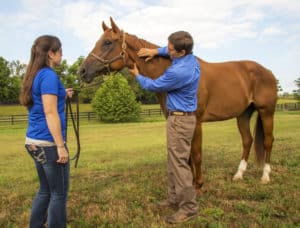
Are you and your horse ready for spring? Check off all the items on this list to prepare for a healthy, successful riding season.
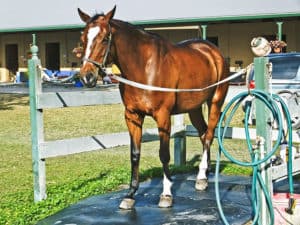
Horse show environments can put sport horses at risk for developing skin problems. Learn what causes common skin issues and how to return horses to top form.
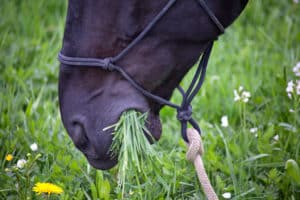
Abruptly putting a horse on pasture can lead to colic or laminitis. Here’s advice to help avoid health problems.
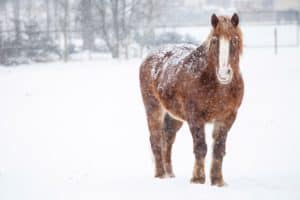
Cold weather affects older horses more than it does their younger companions. Learn how to keep your senior comfortable and healthy during cold weather.
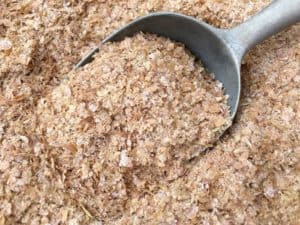
While steeped in tradition, feeding bran mashes can cause GI distress in horses. Learn why, and discover alternatives.
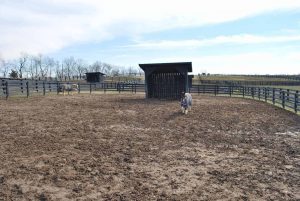
Horses that are used to being on pasture during the spring, summer, and fall might experience nutrient deficiencies during the winter.
Stay on top of the most recent Horse Health news with
© 2022 Copyright Statement dolor sit amet, consetetur sadipscing User Terms, sed diam nonumy eirmod tempor invidunt ut labore et dolore magna aliquyam erat, sed diam voluptua. At vero eos et accusam et justo duo dolores et ea rebum. Stet clita kasd gubergren, no sea takimata sanctus est Lorem ipsum dolor sit amet.
"*" indicates required fields